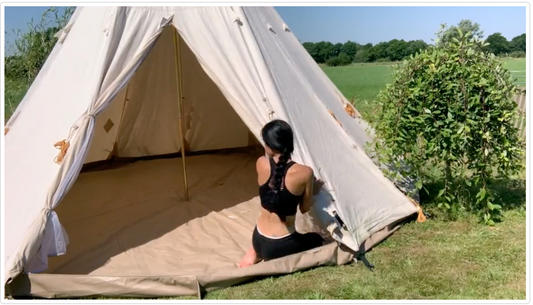Self-Sufficiency Skills and Wild Food Foraging Blog

Read Our 'Teach Foraging' Course Prospectus
IF YOU ARE READY TO LEARN TO LEAD WILD FOOD FORAGING WALKS... WE HAVE THE ONLINE VERSION READY TO GO... click HERE to view.
Read Our 'Teach Foraging' Course Prospectus
IF YOU ARE READY TO LEARN TO LEAD WILD FOOD FORAGING WALKS... WE HAVE THE ONLINE VERSION READY TO GO... click HERE to view.

FREE Wild Food Book
Unlock the World of Wild Foods with Our FREE Ebook! It will take a couple of seconds to load below...
FREE Wild Food Book
Unlock the World of Wild Foods with Our FREE Ebook! It will take a couple of seconds to load below...

Toxic Toiletries
Hello Would you knowingly put Boat Hull Anti Algae paint preservative on your body? How about peeing out a long used toiletries preservative that we all pee out? Would you...
Toxic Toiletries
Hello Would you knowingly put Boat Hull Anti Algae paint preservative on your body? How about peeing out a long used toiletries preservative that we all pee out? Would you...
Di on BBC Radio Talking About Free Toiletries F...
Listen to my five mins of interview with BBC Radio presenter JoAnita as part of their week of programmes helping you save money in the current economic climate. GET FREE...
Di on BBC Radio Talking About Free Toiletries F...
Listen to my five mins of interview with BBC Radio presenter JoAnita as part of their week of programmes helping you save money in the current economic climate. GET FREE...
Bushcraft Show Main Stage 2022
The Bushcraft Show I was invited in 2022 to do a talk about my favourite subject on the Main Stage at The Bushcraft Show, UK. How to be more self-reliant...
Bushcraft Show Main Stage 2022
The Bushcraft Show I was invited in 2022 to do a talk about my favourite subject on the Main Stage at The Bushcraft Show, UK. How to be more self-reliant...

How To Put Up a Tipi
Hello, ever wondered how to put up a tipi? If you are interested in buying one of our pop-up, five meter tipis I just want to show you how easy...
How To Put Up a Tipi
Hello, ever wondered how to put up a tipi? If you are interested in buying one of our pop-up, five meter tipis I just want to show you how easy...
